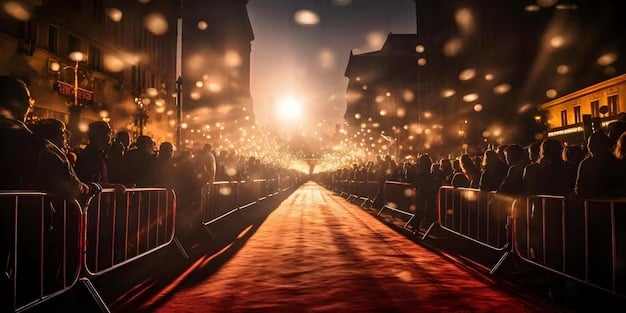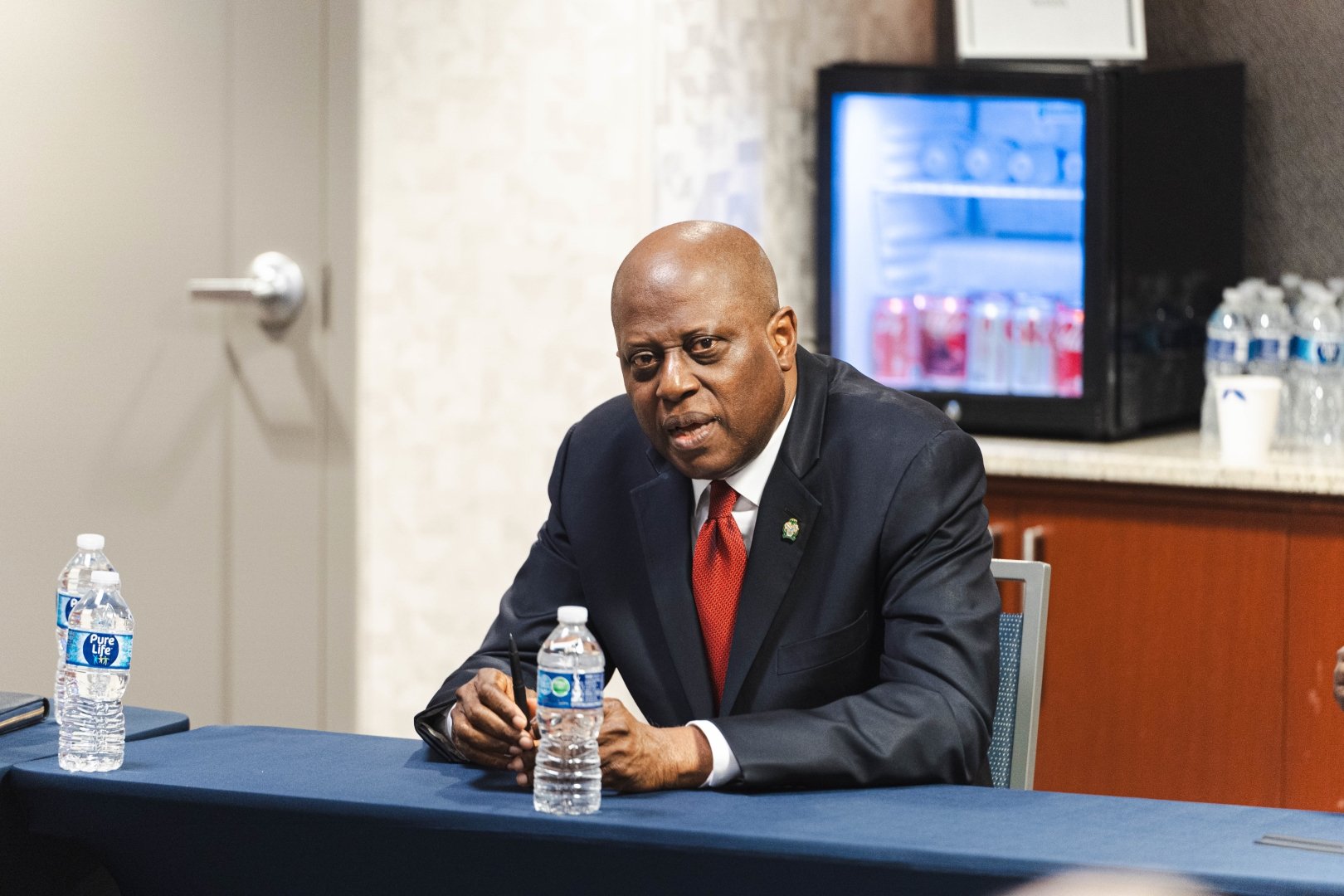BY ELIZABETH CHISOROM CHUKWU
The line between public admiration and public control of celebrities has very recently grown perilously thin. The obsession with the private lives of artists, musicians, and actors has evolved from mere interest into a toxic culture where celebrities are no longer treated as individuals with personal rights but as commodities designed to entertain. At the heart of this issue is a key question: what happens when we stop seeing celebrities as people and start treating them as mere characters for our consumption? The answer gleaned from recent trends is troubling. This shift not only damages the mental health of the individuals involved but also raises serious human rights concerns.
The concept of privacy is often absent when it comes to celebrities as if fame somehow nullifies their right to personal boundaries. The public, empowered by social media and constant access to information, seems to believe celebrities owe them unrestrained access to their lives. Paparazzi cameras follow their every move, fans obsessively track movements and relationships, and entire industries thrive on disseminating private information.
This intrusion isn’t just limited to the occasional photo or gossip column; it has escalated into a phenomenon where fans expect—and demand—complete transparency. Social media has blurred the line between public persona and private self, leaving celebrities with few spaces to exist freely. The idea that they must document every moment of their lives, respond to fan expectations, and adhere to public demands is nothing short of oppressive. Even romantic relationships, which should remain private, are scrutinised, criticised, and weaponised against them.
Advertisement
The controversy surrounding Seunghan from the K-pop group RIIZE—and more recently Khalid—is the latest example of this unhealthy obsession, where dating—a natural part of human life—becomes grounds for public outrage and professional consequence. The psychological toll of such relentless scrutiny cannot be overstated. The mental health struggles of celebrities are well-documented, and in some tragic cases, have led to suicide.
High-profile figures such as Robin Williams, Chester Bennington, and Sulli are painful reminders that fame and wealth do not provide immunity from depression, anxiety, or other mental health challenges. They might, in fact, be responsible for worsening these conditions. The expectation that celebrities must always present a perfect image lest they risk repercussions damaging their careers can only exacerbate these issues. When celebrities falter, the internet acts as judge, jury, and executioner.
A minor mistake or unpopular opinion can lead to “cancellation,” a phenomenon where individuals are publicly shamed and ostracised, often resulting in the loss of career opportunities and personal relationships. This culture of cancellation creates an environment where celebrities live in constant fear of public backlash. It forces them to perform professionally and personally—curating every word, gesture, and decision to align with public expectations and approval.
Advertisement
This demand for perfection reveals a disturbing societal tendency: the dehumanisation of those in the public eye. Celebrities are no longer seen as complex, multifaceted individuals but as characters who exist solely to fulfil the public’s desires. The art they produce is often overshadowed by the drama of their personal lives, reducing their humanity to entertainment fodder. Their struggles are trivialised, and their triumphs are diminished by a public more interested in scandal than achievement.
One of the most troubling aspects of this culture is how easily it is forgotten that celebrities are, first and foremost, humans. They are entitled to the same human rights—privacy, freedom of expression, and mental health care—that the public expects for themselves. Yet, there is a persistent, almost subconscious belief that fame somehow cancels out these rights, as if a career in the arts obligates an individual to public ownership.
This expectation is not only unjust but also discriminatory. Why should a musician’s dating life impact their ability to perform on stage? Why is an actor’s worth measured by their compliance with fan expectations rather than their talent? The arts have always been about self-expression, but when the artist becomes the art—when their personal life is scrutinised and consumed alongside their work—their freedom of expression is compromised. This is a violation of their humanity, and it diminishes the cultural value of the art they create.
For society to truly value the contributions of artists and entertainers, there must be an active effort to separate the art from the individual. This means recognising that a person’s personal choices—who they love, how they spend their time, and how they express themselves—should not dictate the public’s perception of their work. Appreciating art does not grant us the right to invade the artist’s personal life or impose our expectations on them.
Advertisement
Furthermore, spaces where celebrities can exist without fear of judgment must be created. This involves respecting their privacy and being mindful of our language when discussing their lives. Gossip may seem harmless, but it contributes to a culture of dehumanisation that erodes the well-being of those in the spotlight. Public discourse should shift from criticism and control to empathy and appreciation.
While the public bears significant responsibility for encouraging a more respectful celebrity culture, the media also plays a crucial role. The sensationalism that drives much of celebrity journalism fuels the toxic cycle of scrutiny and control. Media outlets must reconsider their role in perpetuating harmful narratives and instead focus on promoting stories that celebrate artistic achievement without delving into personal lives.
At the same time, celebrities themselves have a role to play in setting boundaries and managing public expectations. While it is true that fame comes with certain obligations—such as engaging with fans and promoting one’s work—these obligations should not extend to personal life choices. Celebrities should be empowered to draw clear lines between their public persona and private selves without fear of backlash.
In our obsession with celebrity culture, we must not lose sight of the fact that behind every famous face is a human with thoughts, feelings, and struggles. Fame does not negate one’s humanity nor absolve society from treating celebrities with dignity and respect. If we continue down the path of dehumanising those in the public eye, we risk not only harming the individuals involved but also diminishing the value of the arts themselves.
Advertisement
It is time to ask ourselves: What kind of culture do we want to cultivate? One that consumes people until they are broken, or one that celebrates their art while respecting their humanity? The answer lies in acknowledging the person behind the performance and recognising that fame should never come at the cost of basic human rights. Only then can we begin to encourage a healthier relationship with celebrity culture that allows both the art and the artist to thrive.
Elizabeth Chukwu is a corps member at Nigeria’s Institute for Peace and Conflict Resolution. She writes via [email protected]
Advertisement
Views expressed by contributors are strictly personal and not of TheCable.








